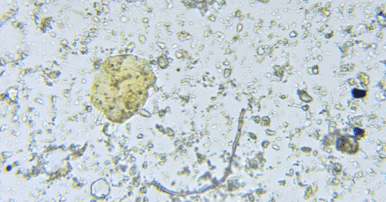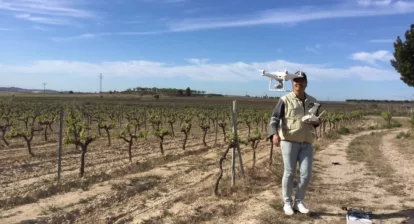Experiments conducted within the Vin-Q ecosystem aim to contribute in understanding of regenerative agriculture and must adhere to the following principles:
| Principle | Description |
|---|---|
| Decentralization | The agricultural experiment should be designed such that the data and resources are distributed across multiple farms and regions. |
| Data Independence | The results of the experiment should not be dependent on the location of the data, allowing for scalability and robustness in different farming conditions. |
| Replication | The experiment should be replicated across multiple farms to ensure robustness and accuracy of results. |
| Consistency | All participating farms should agree on the experiment results, despite varying environmental and soil conditions. |
| Availability | The experiment should continue to function even if some farms face challenges such as weather conditions, natural disasters, or technical issues. |
| Fault Tolerance | The experiment should be designed to recover from failures or challenges without loss of data or accuracy. |
| Security | The experiment should be designed with security in mind, protecting against unauthorized access to sensitive data, and potential malicious attacks. |
| Scalability | The experiment should be able to accommodate an increasing number of participating farms and data sources. |
| Load Balancing | The experiment should be designed such that the load is balanced across all participating farms, ensuring efficient use of resources. |
| Transparency | The experiment should be designed such that the results and processes are transparent and accessible to all participants, promoting collaboration and sharing of best practices. |
There are several advantages to conducting distributed experiments:
- Improved data accuracy: By collecting data from multiple vineyards and locations, distributed experiments can help reduce the impact of local variations and improve statistics with larger sampling.
- Increased robustness: By replicating experiments across multiple vineyards, distributed experiments can help ensure that results are robust and not affected by local conditions or anomalies at specific place.
- Enhanced scalability: By decentralizing resources and data collection, distributed experiments can more easily scale to accommodate larger numbers of vineyards and data sources.
- Efficient resource utilization: By balancing the load across multiple vineyards, distributed experiments can help ensure efficient utilization of resources, such as computing power and storage.
- Enhanced collaboration: By promoting transparency and sharing of data and results, distributed experiments can foster collaboration and knowledge-sharing among viticulturists and researchers.
- Improved security: By implementing security measures and distributing data across multiple locations, distributed experiments can help protect against data breaches and potential malicious attacks.
- Increased accessibility: By making results and data accessible to all participants of the experiment, distributed experiments can help promote knowledge-sharing and collaboration and increase overall progress in the field of viticulture.




